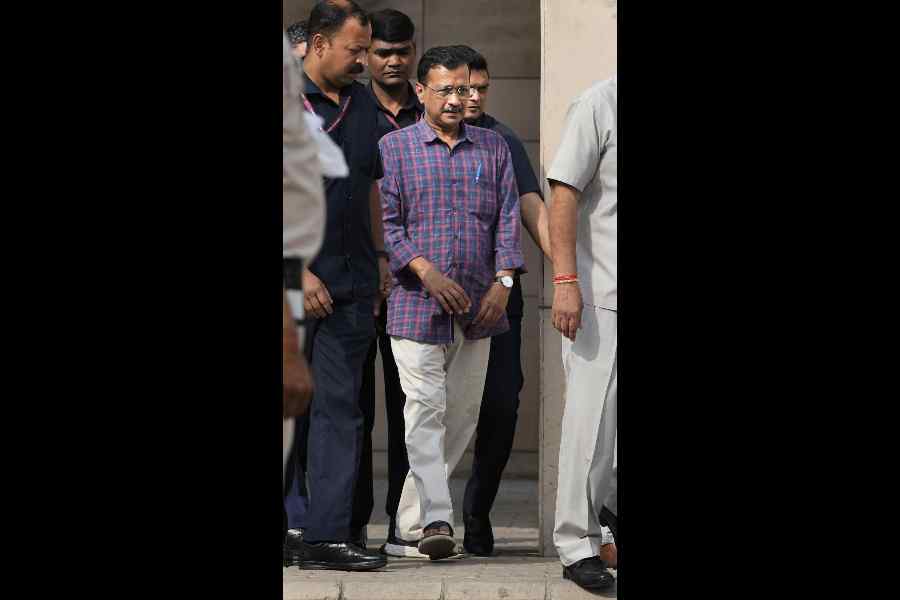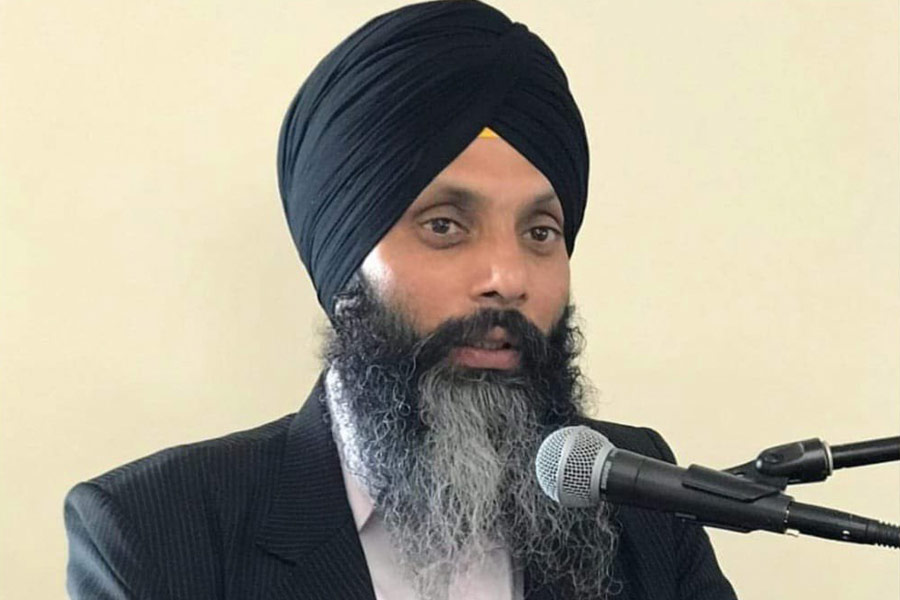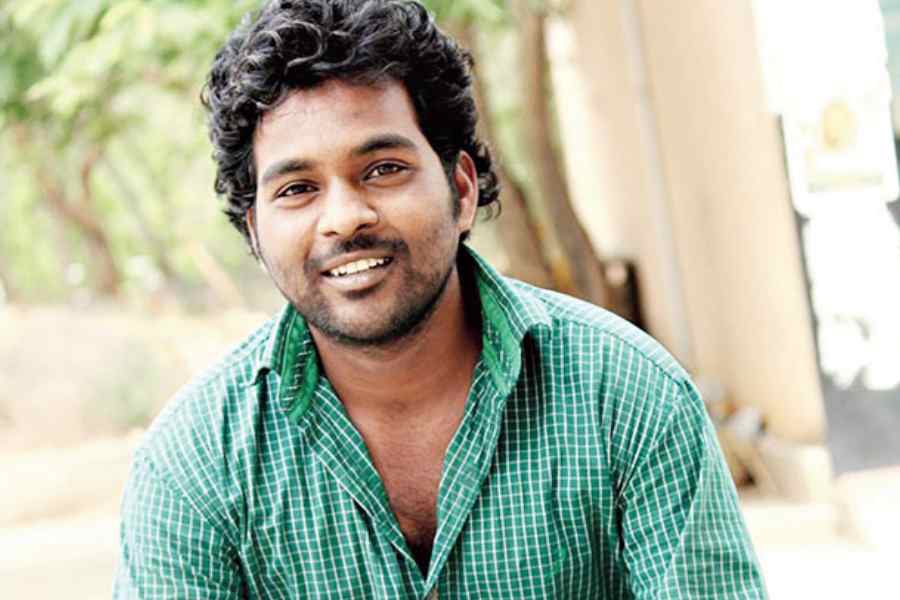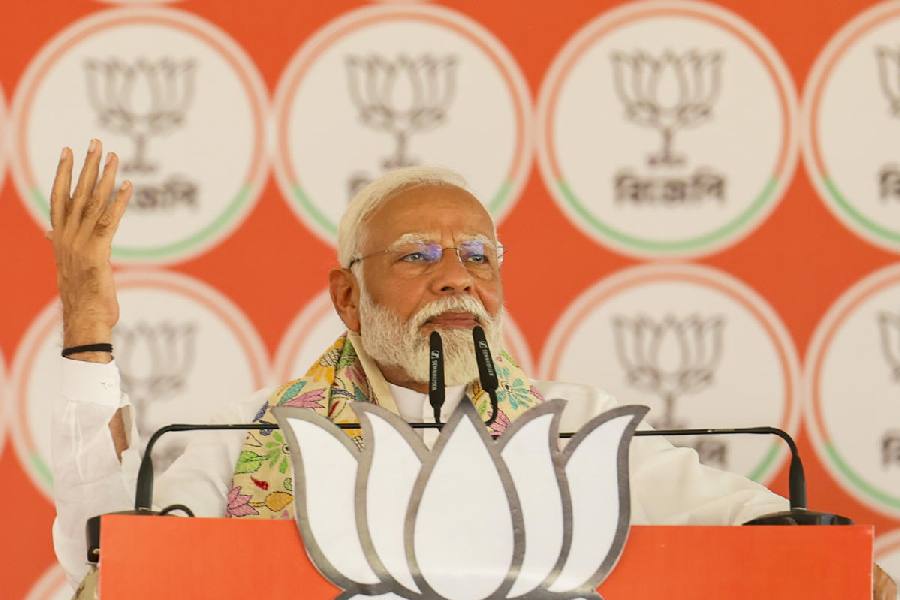The Centre hinted at “grandfathering” the transition process in personal income tax regime to mitigate the inconvenience of individual taxpayers who have already committed to long-term financial planning based on fiscal incentives.
The budget has proposed lower tax slabs without many exemptions (insurance, home loan, public provident fund etc) while keeping the existing system ongoing, providing the “twin track options” to individuals.
However, finance minister Nirmala Sitharaman said all the exemptions would eventually go in a post-budget conference last Sunday.
Asked if the withdrawal of exemption would hurt those who have already committed to long-term (10-30 years) tax saving instruments, the minister in Calcutta invoked the “grandfathering” clause which in business parlance usually means handholding a transition by exemptions to a new rule and regulation.
“Whenever I would commence it, there is going to have a situation when lots of people made commitment towards long-term investment for insurance and house… And in the long run, we will…and whenever government policies are made, not just for this but any of them, there are whole lot of grandfathering processes,” the minister said, declining to give further details.
Asked to comment on the impact on the nation’s savings rate on account of the new tax proposals, which also have an impact on investment, Sitharaman said the government would leave it to individuals how they want to utilise their investible surplus.
“Those who think they can make considered decision about the money now available in their hand because tax rate is lesser, they will have the choice to where to put the income.
“Savings need not necessarily be through bank deposits or post office. Now they can go to stock market, buy shares or invest in bond markets and so on, in all which the returns are equal or even probably higher,” Sitharaman argued.










